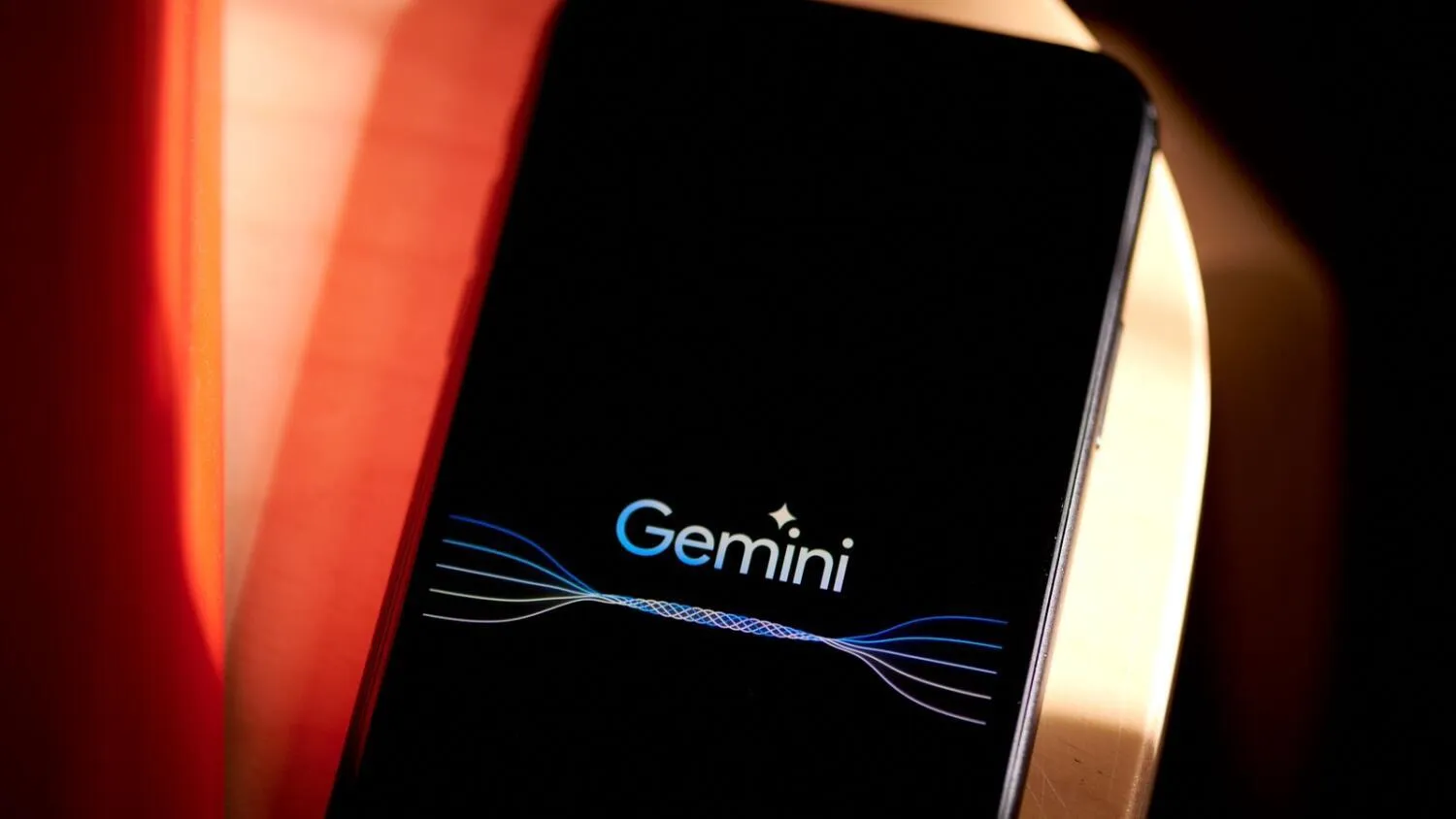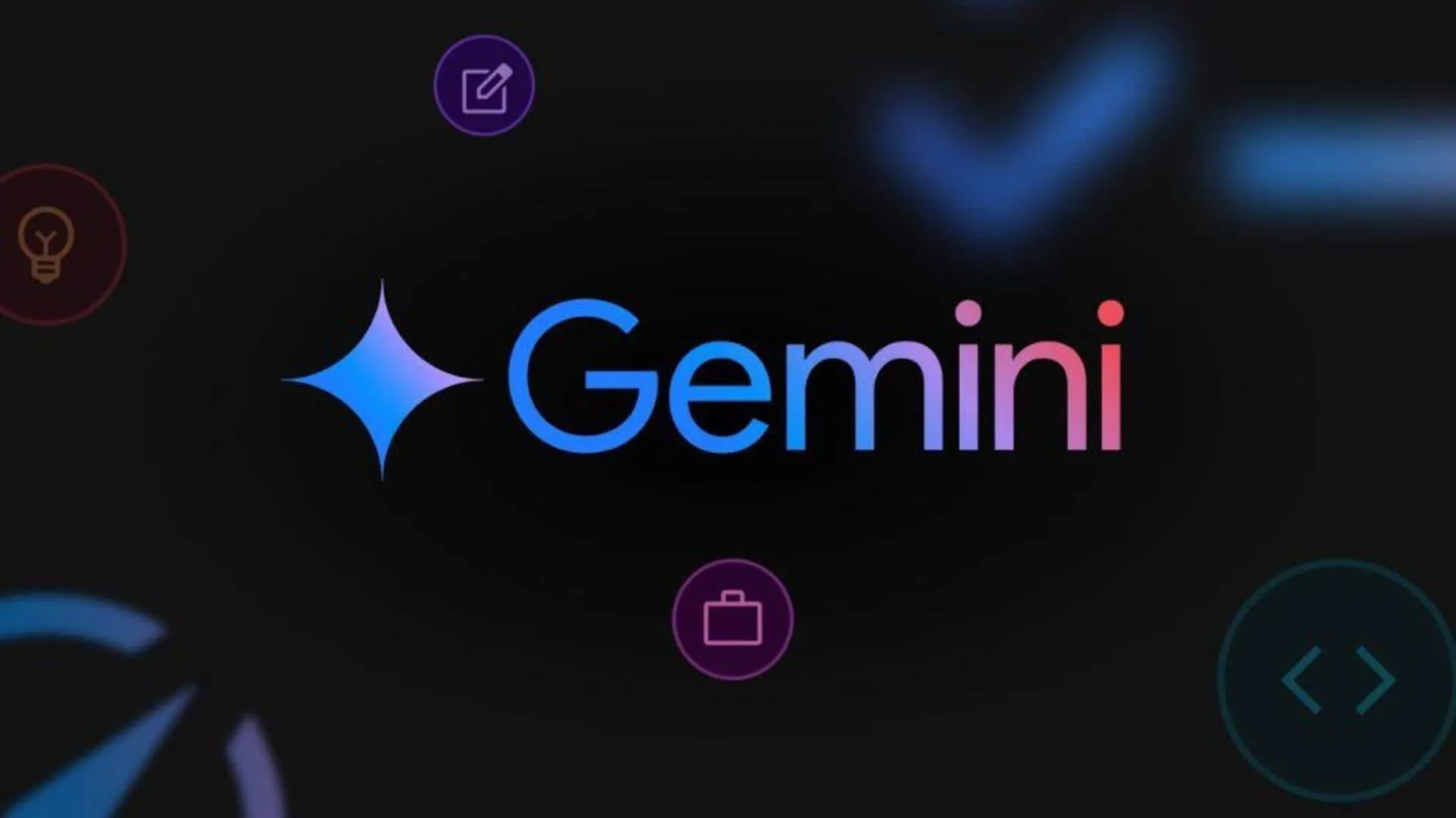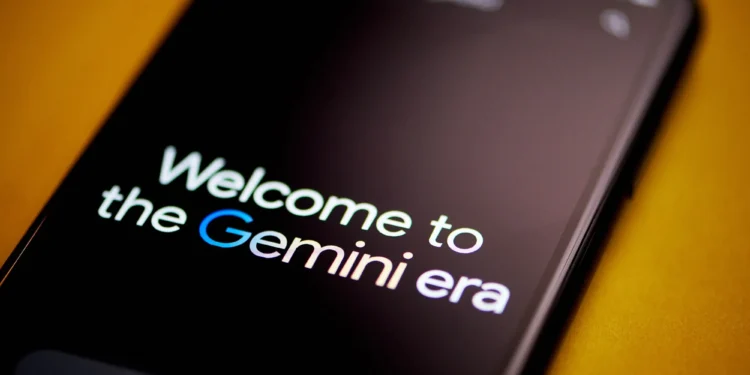Google has once again positioned itself at the forefront of artificial intelligence innovation, introducing a ‘new agentic era’ through its latest advancements in AI agents powered by its groundbreaking Gemini 2.0 technology. Developed by Google’s prestigious AI research arm, DeepMind, Gemini 2.0 is set to revolutionize how AI agents perform, enhancing their ability to understand complex instructions, execute plans, and even assist with intricate tasks like video game strategy.

Diverse Applications of Gemini 2.0
Gemini 2.0 has birthed multiple experimental projects, each designed to cater to distinct needs and functionalities. One of the standout projects, dubbed ‘Deep Research’, is crafted to assist users in delving into complex topics. It devises comprehensive research strategies, scours the internet for relevant information, and compiles detailed reports on its findings. On the other hand, ‘Project Astra’ serves as a universal AI assistant, simplifying everyday tasks and offering personalized recommendations and advice based on user prompts.
Meanwhile, ‘Project Mariner’ is enhancing browser navigation by controlling Chrome operations such as moving cursors, clicking buttons, and filling out forms. Although still in the developmental stages, its potential for future mainstream application looks promising. “It’s still early, but Project Mariner shows that it’s becoming technically possible to navigate within a browser, even though it’s not always accurate and slow to complete tasks today, which will improve rapidly over time,” the DeepMind executives shared.

Collaborative Efforts and Future Prospects
In their ongoing quest to refine AI functionalities, Google DeepMind is also working closely with industry leaders such as Supercell. This collaboration aims to test AI agents across various gaming environments, from strategic endeavours to casual farming simulators. These agents are not just passive observers but active participants, offering real-time suggestions and accessing extensive gaming knowledge to enhance the player’s experience.
Additionally, in response to evolving AI technologies, prominent figures in the tech industry have voiced their perspectives on the future direction of AI. Marc Benioff, CEO of Salesforce, recently suggested that the future lies in autonomous agents, marking a potential shift away from large language models. Similarly, Nvidia’s CEO, Jensen Huang, highlighted the growing trend towards enterprise adoption of agentic AI, signalling a significant shift in how businesses may leverage AI in the future.

Beyond Virtual Assistance
The ambitions of Google and DeepMind extend beyond digital spaces. They are exploring the application of Gemini 2.0 in the physical realm through advanced robotics, aiming to bridge the gap between virtual assistance and tangible, real-world actions. While these AI agents are currently available only to testers and developers, the implications of their wider release are vast, promising a future where AI can more seamlessly integrate into everyday life.
In conclusion, Google’s latest advancements in AI technology signal a transformative phase not just for the company but for the broader tech landscape. As these Gemini 2.0-powered agents continue to evolve, they are set to redefine the boundaries of what AI can achieve, marking a significant milestone in the journey towards a more interactive and intuitive digital future.









